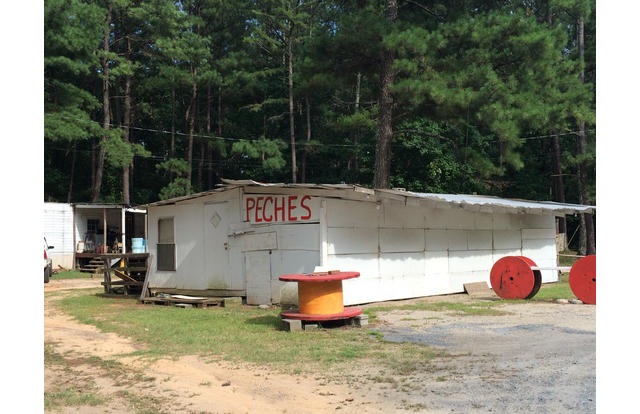Updates 11/24/2025
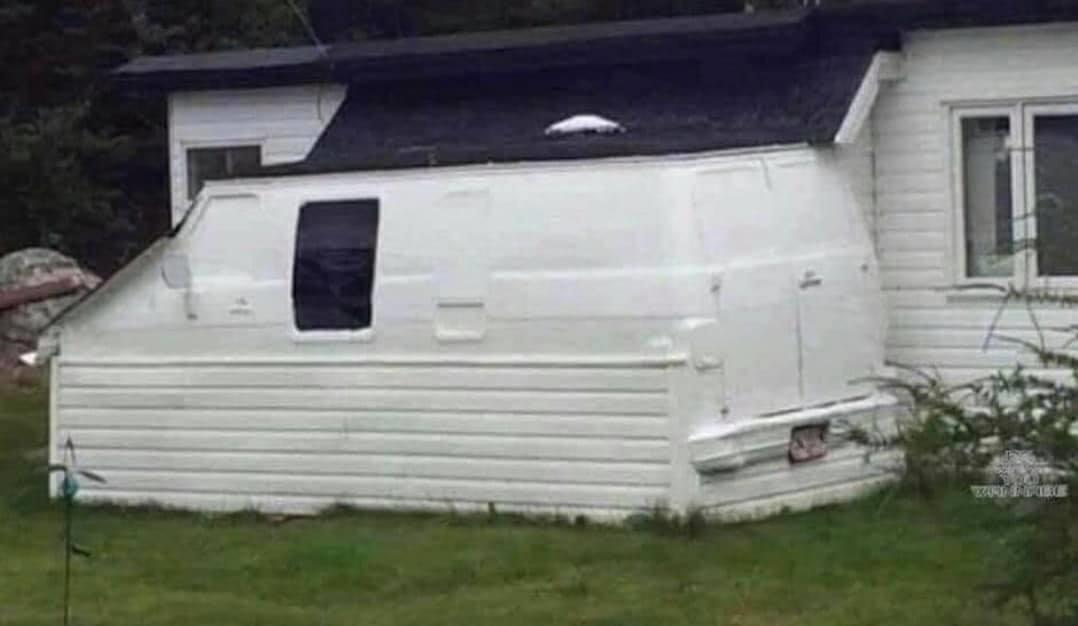
Where it started…
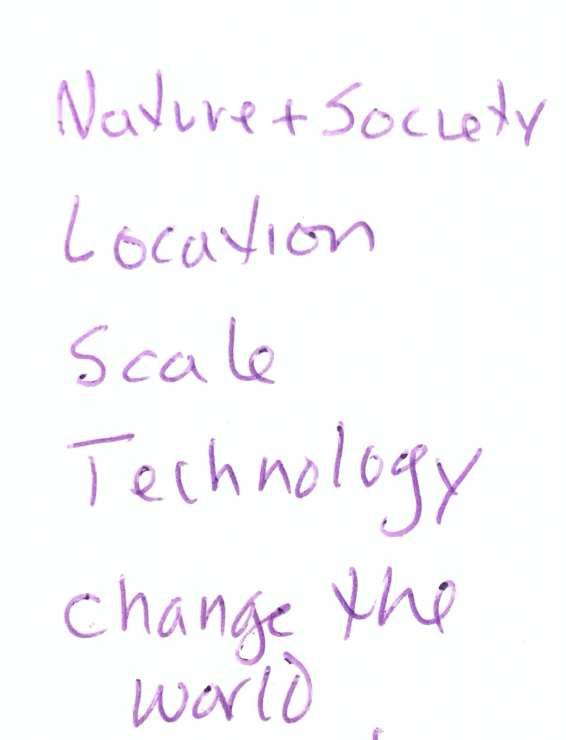
Book Learnins’
Think: different approaches to environment & sustainability (first half of RHM text):
- concepts that focus and organize and enable action
- Population & Scarcity
- Markets & Commodities
- Institutions & the Commons
- Environmental Ethics
- Risks & Hazards
- Political Economy
- Social Construction of Nature
- Feminism & the Environment
- Racialized Environments
Then apply those concepts to understanding stuff in the environment (second half of RHM text)
-
- Carbon Dioxide
- Trees
- Wolves
- Uranium
- Tuna
- Lawns
- Bottled Water
- French Fries
- E-Waste
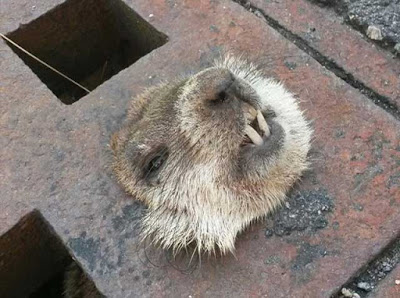
Then the research process…
Phase 1: Foundation & Ideas
Phase 2: Research & Sources
Phase 3: Proposal & Presentation
Phase 4: Integration & Reflection
|
How to do something: Propose a fundable project developed as a research project
Statements for your Resume (upon completion of course)Grant Proposal Development: Project development, scholarly research and development of an undergraduate research grant proposal (in ENVS 110: Introduction to Environment & Sustainability) AI Literacy: Critical and ethical use of AI in an undergraduate research grant proposal, including topic development and refinement, research strategy, and assessment of personal draft of grant proposal. (in ENVS 110: Introduction to Environment & Sustainability) |
Some pearls of wisdom:
Understand what theory-into-practice and the OWU Connection are about: the focus of the course is how to make this all work for you (whether you do it sooner or later).
-
- undergrads at other colleges don’t have access to these kinds of opportunities.
Keep trying to understand your personal values (environmental and otherwise) and how they apply to all of this.
-
- Use it to shape what you do – now and in the future.
Work to find something you are interested in and excited to do.
-
- pay attention to brain wiggles
- if you are not finding inspiration, look elsewhere
Read and learn and talk about concepts and ideas – like those we explored in the first part of the class text.
-
- These are the big ideas that shape how you think about what you are doing.
Learning vs. creating knowledge: Many courses focus on learning what is already known; in this class, we also look at the steps towards creating your own knowledge or a real-world application (or at least proposing to do so).
Learn the process and the important aspects of each step, from idea generation to a draft TPG and presentation.
Agency and Engagement: It’s relatively easy to be passive in your education. TPG and the OWU Connection, and the process from this class give you agency to actively shape your education and future.
Don’t get bogged down: Do something: it need not be perfect; everything you ever dreamed of, your ultimate life’s goals.
-
- Just do something. Then do something more.
Snag Opportunities: even if a project or collaborator, or internship may not be ideal or perfect (whatever that means) take advantage of the opportunity.
Collaboration: find and use the right collaborators: faculty, librarians, writing center, OWU Career Connection, experts elsewhere (places you want an internship), other students, etc.
Figure out what you need to know to do what you want: courses, but sometimes what you need to know is not in a course.
-
- Alternatives: directed readings and independent studies, online courses and learning (use OWU Connection funds if there is a cost), read books, talk to people.
- But also: find collaborators that fill in your gaps in knowledge and know-how.
It’s Going to take Time: a couple of semesters, years…
Make Time for this work
-
- It is at least as important as taking classes
- You will have a tough time making a TPG work if you don’t work it into your schedule
- For credit work (all majors have these options)
- ENVS 490: Independent Study
- ENVS 491: Directed Readings
- ENVS 495: Internship
- For credit work (all majors have these options)
- If possible, work parts of your efforts into projects in other courses
AI Literacy is Vital
- It’s not going away for 90% of professionals
- it has a nasty impact on the environment (energy use)
- it is wiping out swaths of jobs
- it is generating a tsunami of slop
AI + Your Environmental Career: Key Strategies1. Transform Ideas into Actionable Projects (extending Phase 1)
2. Develop “Boots-on-the-Ground” Expertise
3. Build Human-Centered & Community Interface Skills
4. Master AI-Enhanced Research (like you did in Phase 2)
5. Excel at Proposal Writing with AI Support (building on Phase 3)
6. Document Your Integrated Thinking (like Phase 4)
|
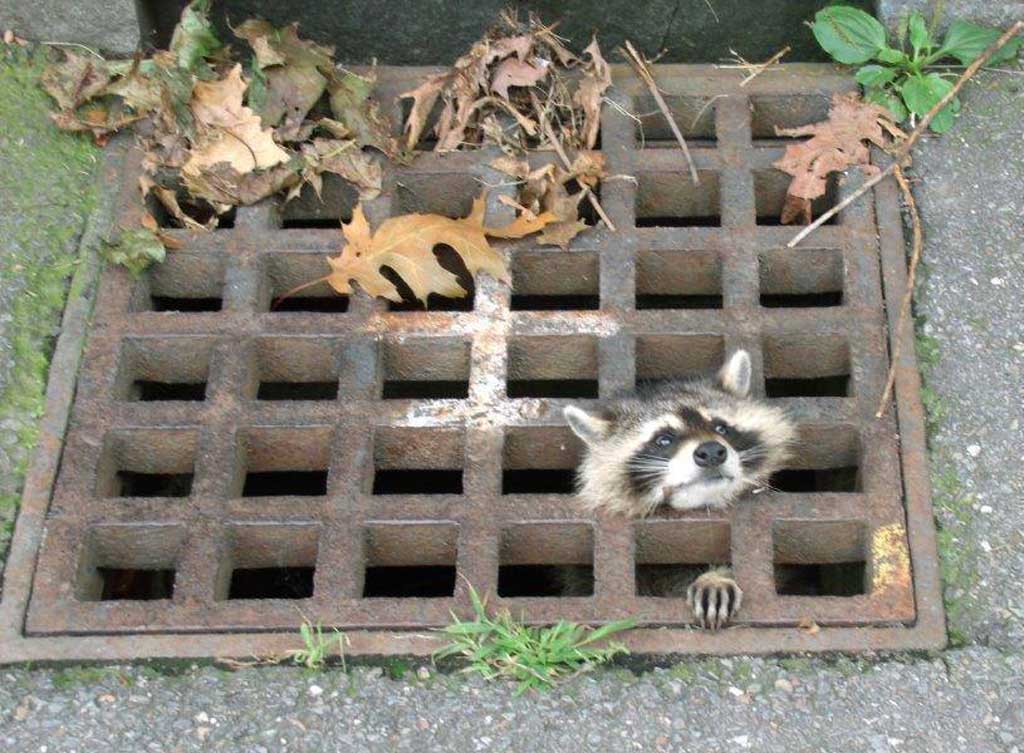
Take the Followup AI SurveyI’ll email it to you. Complete it before you depart. |
Have a great Thursday!


